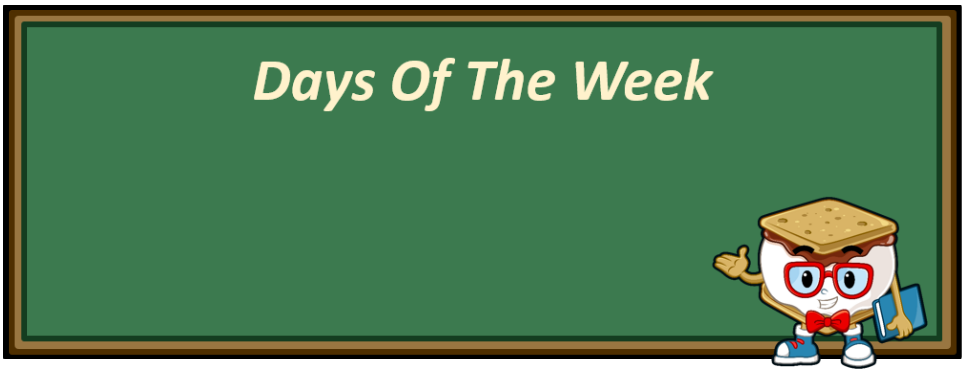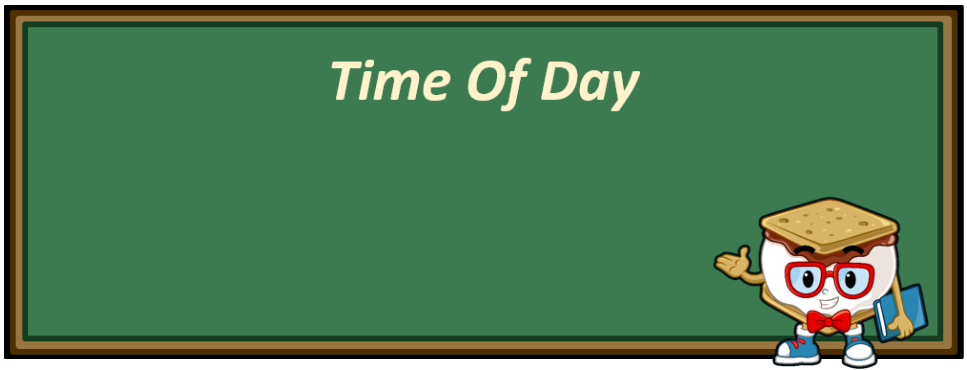
Stop Summer Learning Loss: Make A Plan -Part 2 of 3
Picture this. It's a beautiful summer Friday evening. Your work week is finished and the dinner table is cleared (or the pizza boxes are in the trash). The neighborhood kids are outside playing and everyone is getting along perfectly. You're sitting on the porch, basking in the thought of the weekend ahead. Then it occurs to you, the plan to have your daughter do summer math skill practice has fallen by the wayside. If you ask her to come inside for some practice now, her resistance will be enough to ruin the evening…for both of you.
What to do?
Will you forget about summer learning loss this time and try again next week?
It's a painful scenario. On one hand, you don't want your child to experience "the summer slide". On the other hand, summer is a difficult time to implement any type of learning routine.
When it comes to having your child do school work during the summer, it's very likely that it won't get done! Did you catch what I just said? That's right, families who start the summer with expectations to have their child practice school skills reach the end of summer without having done ANY practice at all.
Let's face it, the odds are working against you. Most children prefer not to do school work during summer break and most parents prefer not to bog down the summer by making it happen! Days of good intentions turn into weeks of missed opportunities. Eventually it becomes a summer that slipped away and before you know it, the new school year is only a week away.
I'm here to help you make it happen...and to help make summer skill practice ENJOYABLE for you and your child! We will make a plan that can help you and your child enjoy doing skill practice together…YES that's right, ENJOY IT!
This is a three-post mini-series to help you prepare for the summer learning you want to do with your child. The first step was to make a list of specific skills your child needs to practice (click here). This next step is making a realistic schedule that you and your child can actually succeed with.
Let's get started, let's make the plan!

Don't over estimate how much time you can commit to summer skill practice. Think about your summer schedule (your work, your family's summer activities, vacations and unplanned happenings. Don't be unrealistic. Set your child up (and you) for success.
What is realistic for your family's summer schedule & routine? Sure, the more frequent you do skill practice with your child the more you prevent "the summer slide", but consistency is even more important than a high amount of frequency.
Think of it this way, there is more involved than just summer skill practice. Setting a routine that actually happens will model a higher level of follow-through for your child. Don't send the wrong message by setting a plan and then not sticking to it.
If there are two days a week when schedules are more structured (predictable) and more likely to help you actually do some skill practice, then schedule it for twice a week. If you think weekdays are best but Mondays are impossible, then be satisfied with 4 days a week. If Mondays and Fridays are unrealistic, plan on Tuesday, Wednesday and Thursday.
Think it through. Something is better than nothing. Consistency counts more than frequency!

It can be even more challenging to identify the time of day that will work best for you and your child?
Is it realistic to make it a morning routine before you leave for work? Is during dinner prep the best time, with your child working nearby in case she has questions? Will your child have enough energy to concentrate after dinner or later? (Will you have enough energy?)
Maybe one particular time will work best on some days while another time will work better for other days.
Talk it through with your child. Commit to the days of the week you've identified and ask for your child's input with regards to the time of day. Explain the pros and cons like, "If we do skill practice before I leave for work, it might require you to wake up earlier than you'd like, but then it's finished for the day. If we plan it for the end of the day, you might be tired but you will be able to sleep longer in the morning." If you can make it work either way, let your child decide which way they want to TRY it. Consider letting them try it both ways before setting it as a routine.

There's a bit of good news here.
As I mentioned in the first section of this post, consistency is more important than frequency. If you can make the frequency stick, the amount of time becomes less of a variable.
When we skip a healthy habit, most of us think we can make it up by doubling up the next time. In the case of skill practice, (I'll say it again) consistency is most important.
So here's the good news. If you and your child can stick to an efficient and super-focused 10 minutes of skill practice 3 days a week, you can check it off your list and move on! This is another conversation worth having with your child. Explain that each session doesn't have to be long and drawn out, as long as both of you stay powerfully focused.
Another reason to talk through the timeframe with your child is so he knows what to expect. If your tendency is to never stop once you get started, then set a timer for you and your child to watch together. If that will be too distracting, set an alarm for the end time. Sticking to your time commitment will help your child trust the time restraints you establish. More trust might lead to less reluctance when you ask your child to engage in skill practice in the future.
Remember, 10-minute sessions, a couple days a week is more beneficial than 40 minutes, once a week!
However, the amount of time per block also depends on the type of skill practice. If reading is the only task on the list, then 20 minutes will be more meaningful than 10 minutes. If reading is one of several subjects, consider alternating days with different tasks and shorten the time for the other tasks. Short and sweet is better than long, drawn-out blocks of time.
Best intentions are useless unless action follows. Do more for your child than just summer skill practice, demonstrate the importance of making a schedule that is realistic, livable and practically painless. But in order to do that, it will take some forethought on your part along with some collaboration with your child.
Anything worth doing needs a plan that is realistic. Summer skill practice is more likely to actually happen if you identify:
- How often?
- What time of day?
- How much time?
In the next blogpost, we'll talk about what summer skill practice looks like, sounds like and feels like. It should look like FUN! It should sound like FUN, and it should feel like FUN! If you are curious to know how skill practice can possibly end up being FUN, well...check in next week.
Let's make s'more teachable moments, together!
Ron
Want to strengthen your child's learning opportunities in just minutes each day?
Use my FREE Q&A to make learning fun for your child during everyday moments you already spend together!
I hate SPAM. I will never sell your information, for any reason. Unsubscribe at any time.

